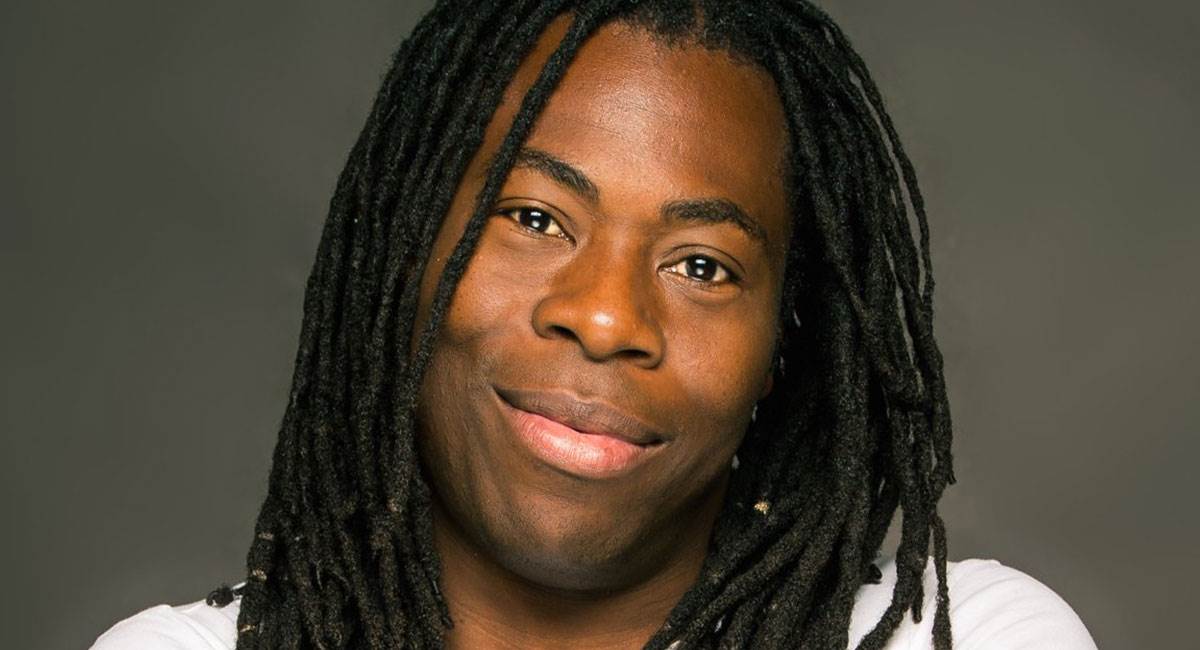Bookmark: books and disability
Information on disability and children's books
Find advice and book recommendations for families, teachers, librarians, authors and publishers.
Why children need more diverse books in the world
Author Mary Hoffman on why diversity is so important
Mary Hoffman burst on to the children's book scene over 40 years ago. Ever since, she's been making sure stories represent us all.
Finding inclusive books
A booklist
One in five school-age children has special educational needs. Here are some books that show positive images of disability or which may help when discussing diversity.









Add a comment